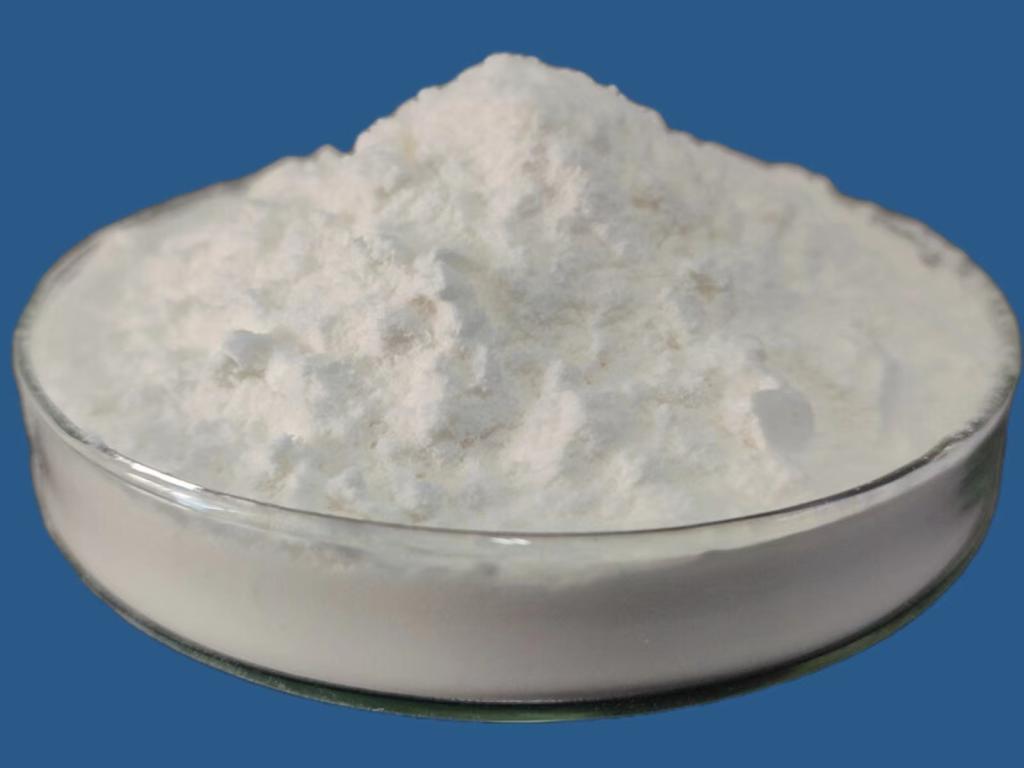Tel:+8618231198596

News
 CONTACT
CONTACT
 CONTACT
CONTACT
- Linkman:Linda Yao
- Tel: +8618231198596
- Email:linda.yao@dcpharma.cn
- Linkman:CHARLES.WANG
- Department:Overseas
- Tel: 0086 0311-85537378 0086 0311-85539701
News
Current Position:
Home >
News
>Are there any limitations or restrictions on the use of ε-Polylysine hydrochloride?
Are there any limitations or restrictions on the use of ε-Polylysine hydrochloride?
TIME:2023-06-08
Introduction:
ε-PL is a cationic homopolymer derived from natural sources and is known for its antimicrobial properties. It is used as a preservative to extend the shelf life of various food products. While it is generally considered safe for consumption, regulatory bodies have established limitations and restrictions on its use to ensure the safety and quality of food.
Global Regulatory Landscape:
Different countries and regions have their own regulatory agencies responsible for food safety. These agencies set standards and regulations regarding the use of food additives, including ε-PL. The Food and Drug Administration (FDA) in the United States, the European Food Safety Authority (EFSA) in Europe, and the Codex Alimentarius Commission at the international level are some of the key authorities involved in regulating food additives.
Acceptable Daily Intake (ADI):
The ADI is the amount of a food additive that can be consumed daily over a lifetime without causing any adverse health effects. Regulatory authorities establish ADIs based on extensive toxicological studies. ε-PL has an established ADI, which varies among regions, reflecting differences in regulatory practices.
Food Categories:
While ε-PL is approved for use as a preservative in a wide range of food categories, there are some limitations on its use in specific products. For example, in some regions, there are restrictions on its use in infant formula and other baby food products due to the need for more extensive safety data for this vulnerable population. Additionally, certain high-moisture foods, such as fresh fruits and vegetables, may have restrictions on the use of ε-PL due to potential textural or sensory changes.
Maximum Permitted Levels:
Regulatory authorities establish maximum permitted levels (MPLs) for food additives to ensure that their use remains within safe limits. MPLs may vary depending on the food category and the specific additive. ε-PL has established MPLs in various regions, which may differ based on factors such as the intended use of the food product, the level of ε-PL required for preservation, and the available safety data.
Labeling Requirements:
Clear and accurate labeling of food products is crucial for consumer awareness and informed choices. Regulations require food manufacturers to list additives, including ε-PL, on product labels. This allows consumers to make informed decisions, especially if they have specific dietary restrictions or preferences.
Regional Differences:
Regulatory practices and restrictions on food additives can vary among regions. For example, the approval status and specific limitations on the use of ε-PL may differ between the United States, Europe, and other parts of the world. It is important for food manufacturers to understand and comply with the regulations specific to the regions where their products are marketed.
Emerging Regulations:
As scientific knowledge and regulatory frameworks evolve, new regulations and restrictions on food additives may emerge. Ongoing research and developments in the field of food safety could lead to potential changes in the use of ε-PL or the establishment of more specific guidelines in the future.
Conclusion:
ε-Polylysine hydrochloride is subject to limitations and restrictions in certain food categories and regions. Regulations regarding its use, maximum permitted levels, and labeling requirements aim to ensure the safety and quality of food products. It is essential for food manufacturers to stay informed about the specific regulations in the regions where their products are marketed to ensure compliance and consumer safety.
- Tel:+8618231198596
- Whatsapp:18231198596
- Chat With Skype







